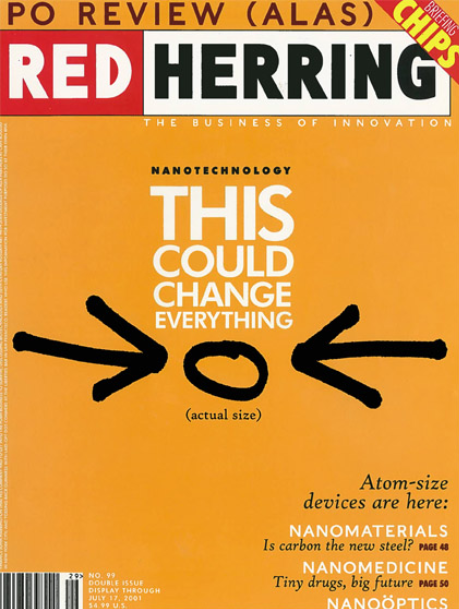Cash Burn Rates at Startups
Recently @bgurley and @fredwilson have sounded a vivid alarm. I said at the time that I agree with much of what Bill says and I want to expand on the topic further. New founders in the last 10 years have ONLY been in an environment where money is always easy to raise at higher valuations. THAT WILL NOT LAST. When the market turns, and it will turn, we will find out who has been swimming without trunks on. Many high burn rate companies will VAPORIZE.
High cash burn rates are dangerous in several ways beyond the obvious increased risk of running out of cash. It’s Important to understand why:
- High burn rate kills your ability to adapt as you learn and as the market changes. The company becomes unwieldy and too big to easily change course.
- Hiring people is easy; layoffs are devastating. Hiring for startups is effectively a one way street. You can’t change once you’re stuck.
- Your managers get trained and incented ONLY to hire, as the answer to every question. The company bloats and becomes badly run at same time.
- Lots of people, a big shiny office, and high expense base equals a fake we’ve made it! feeling. This removes the pressure to deliver real results.
- More people multiplies communication overhead exponentially which slows everything down. The company bogs down and becomes a bad place to work.
- Raising new money becomes harder and harder. You have a bigger bulldog to feed, need more and more cash at higher and higher valuations. Therefore you take on an escalating risk of a catastrophic down round. High-cash-burn startups almost never survive down rounds. They VAPORIZE. Further, to get into this position, you probably had to raise too much cash at too high a valuation before; this escalates the down round risk even further.
- Even if you CAN raise an up round, you are increasingly likely to incur terrible structural terms like ratchets to chin the bar. That nice hedge fund investor willing to hit your valuation bar? Imagine him owning 80% of company after a down round. How nice will he be then?
- When the market turns, M&A mostly stops. Nobody will want to buy your cash-incinerating startup. There will be no Plan B. VAPORIZE.
Finally, there are exceptions but if you’re reading this, you’re almost certainly not one. They are few and far between. Worry.
